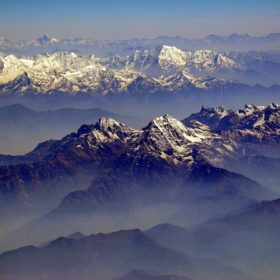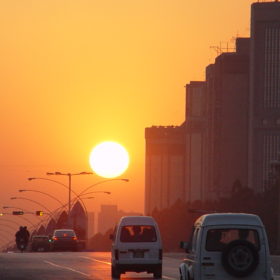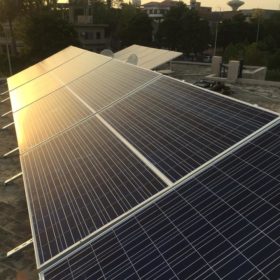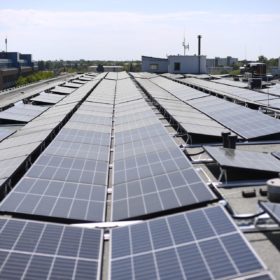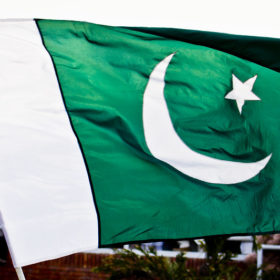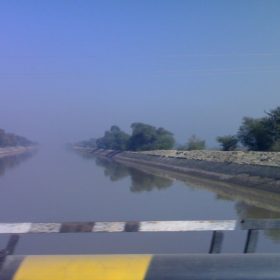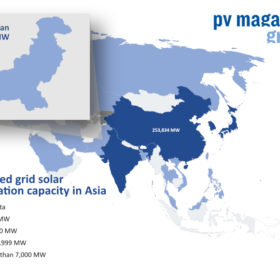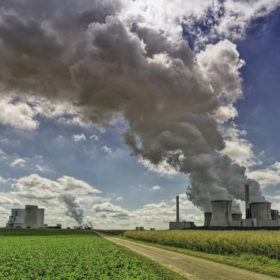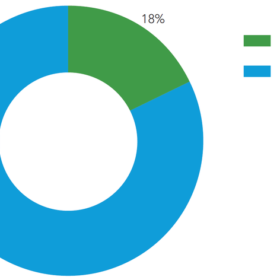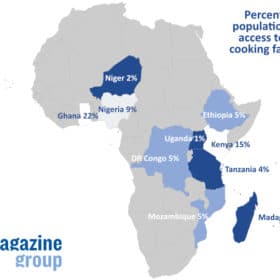Off-grid solar for Himalayan food chains
Decentralized solar devices such as PV-powered portable irrigation pumps are technically viable solutions to meet the energy needs of food value chains across the high-altitude Hindu Kush Himalaya region, according to a new report by the International Renewable Energy Agency (IRENA).
Pakistan approved 280 MW of solar in 2021-22
Pakistan’s National Electric Power Regulatory Authority (Nepra) has published its annual report for the 2021-22 financial year. The regulator granted nine licenses for solar projects, totaling 44.74 MW of installed capacity, and 7,032 net-metering licenses for a total of 243.43 MW.
Pakistani regulator to raise payments for net-metered households
Pakistan’s National Electric Power Regulatory Authority (Nepra) has concluded a public consultation on a proposed amendment to 2015 regulations for distributed generation and net metering. It will raise the price paid by net-metered households to inject excess electricity into the grid from PKR 19.32 ($0.089)/kWh to PKR 9/kWh.
Pakistani regulator clarifies net metering proposal
A consultation about raising the level of payments made for excess household electricity injected into the grid appears to have prompted fears it could raise solar power prices across the board.
World Bank spells out how Pakistan can hit 13 GW of clean power
The World Bank has advised the Pakistani government to make an immediate start on solar and wind auctions based on big, dual technology clean power parks, plus smaller tenders likely to be dominated by PV.
Pakistan wants to build solar plants on canals
Pakistan’s Punjab region is planning to build solar plants on top of canals across several locations. Experts are now being sought to conduct a feasibility study and identify potential locations.
Pakistan’s looming water crisis could be eased by a solar-led energy system
With renewable energy generation said to consume up to 95% less water than fossil-fuel fired power plants, solar could lead the way to a less stressed existence in mid century, according to researchers from Finland’s LUT.
China holds the key to cancelling half the world’s new coal project plans
With pressure mounting on the world’s governments to turn their back on the fossil fuel, China and peers in South East Asia, Europe and South Asia could help deliver a coal-free future at the COP26 climate summit planned in Glasgow in November.
‘The chance to reset with a green recovery has now been lost’
Norwegian consultancy DNV today published the latest of its annual surveys of the state of the energy transition and lamented the fact so very little has been achieved during the last five years. We are forging ahead into a world that will be 2.3C hotter this century, predicts the report.
Universal electricity access by 2030 remains a distant dream
Energy efficiency, electrification of heating and transport, and the provision of clean cooking facilities are all going in the wrong direction as the Covid crisis deprived millions in sub-Saharan Africa of electricity use, according to a report by the IEA, IRENA, WHO, World Bank and UN Statistics Division.
